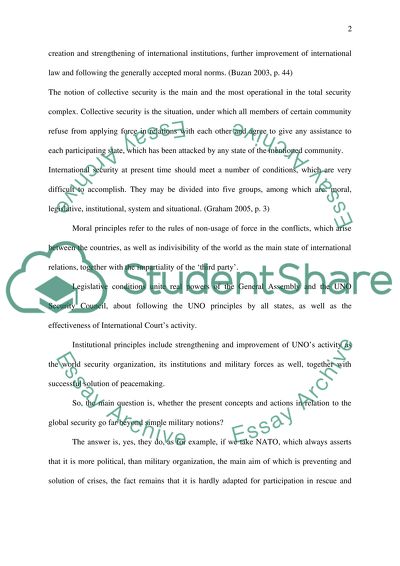Cite this document
(The Concept of International Security in the Global Era Term Paper, n.d.)
The Concept of International Security in the Global Era Term Paper. Retrieved from https://studentshare.org/environmental-studies/1536970-international-security-in-the-global-era
The Concept of International Security in the Global Era Term Paper. Retrieved from https://studentshare.org/environmental-studies/1536970-international-security-in-the-global-era
(The Concept of International Security in the Global Era Term Paper)
The Concept of International Security in the Global Era Term Paper. https://studentshare.org/environmental-studies/1536970-international-security-in-the-global-era.
The Concept of International Security in the Global Era Term Paper. https://studentshare.org/environmental-studies/1536970-international-security-in-the-global-era.
“The Concept of International Security in the Global Era Term Paper”. https://studentshare.org/environmental-studies/1536970-international-security-in-the-global-era.


